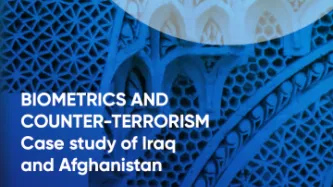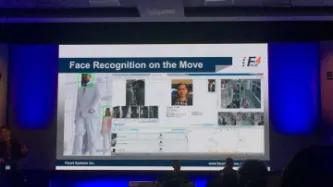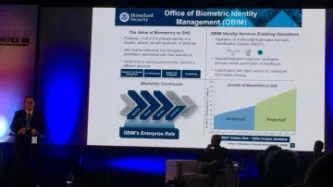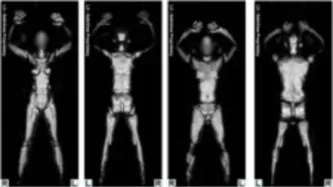Search
Content type: Examples
During the Black Lives Matter protests of summer 2020, US police took advantage of a lack of regulation and new technologies to expand the scope of people and platforms they monitor; details typically emerge through lawsuits, public records disclosures, and stories released by police department PR as crime prevention successes. A report from the Brennan Center for Justice highlights New York Police Department threats to privacy, freedom of expression, and due process and the use of a predator…
Content type: Report
In Afghanistan and Iraq, the U.S. Department of Defense developed its biometric program in confluence with US military operations in. Its expansion was tightly linked to the goals of military commanders during the “War on Terror”: to distinguish insurgents and terrorists from the local civilian population. This research shows how the DOD’s biometric programme was developed and implemented without prior assessment of its human rights impact and without the safeguards necessary to prevent its…
Content type: Examples
New workplace technologies are generating mountains of data on workers despite a lack of clarity over how the data is used and who owns it. In offices, smart badges track interactions and sensors track fitness and health; in trucks sensors monitor drivers' performance in the name of safety. In the US state of Illinois, between July and October 2017 26 lawsuits were filed by employees alleging that their employers had violated the state's Biometric Information Privacy Act, which requires a…
Content type: Examples
In November 2018, 112 civil liberties, immigrant rights groups, child welfare advocates, and privacy activists wrote a letter to the heads of the US Department of Health and Human Services and the Department of Homeland Security demanding an immediate halt to the HHS Office for Refugee Resettlement's practice of using information given them by detained migrant children to arrest and deport their US-based relatives and other sponsors. The policy began in April 2018, and the result has been that…
Content type: News & Analysis
Picture Credit: US AID
US President Trump has been cutting aid to Central America, including a surprise cut of approximately $500m in aid to the “Northern Triangle” countries of El Salvador, Guatemala, and Honduras, apparently as punishment for “doing absolutely nothing” to prevent emigration to the US.
What remains of the funds is largely and deliberately being repurposed for spending on the US’s own security interests: indeed, one area which his…
Content type: News & Analysis
Foto: US AID
El presidente estadounidense Trump ha estado recortando la ayuda a Centroamérica, incluyendo un recorte sorpresivo de aproximadamente 500 millones de dólares a los países del “Triángulo del Norte” (El Salvador, Guatemala y Honduras), al parecer como castigo por “no haber hecho absolutamente nada” para impedir la emigración hacia los Estados Unidos.
Los fondos restantes están siendo reorientados,en su gran mayoría y deliberadamente, al gasto para…
Content type: News & Analysis
Taylor Swift may be tracking you, particularly if you were at her Rose Bowl show in May.
According to an article published by Vanity Fair, at Swift’s concert at the California stadium, fans were drawn to a kiosk where they could watch rehearsal clips. At the same time – and without their knowledge - facial-recognition cameras were scanning them, and the scans were then reportedly sent to a “command post” in Nashville, where they were compared to photos of people who are known…
Content type: News & Analysis
From unlocking a smartphone or getting through an airport, the use of an iris, fingerprint, or your face for identity verification is already widespread, and the market for it is set to rocket. While the technology is not new, its capability and uses are. As people, biometrics offers us much, but risks ultimately only serve data-hungry industries and government agencies: in the name of efficiency and security, it has the potential to bring chaos and vulnerability.
Obtaining reliable…
Content type: News & Analysis
The United States Department of Homeland Security (DHS) has contracted one of the world’s largest arms companies to manage a huge expansion of its biometric surveillance programme.
According to a presentation seen by Privacy International, the new system, known as Homeland Advanced Recognition Technology (HART), will scoop up a whopping 180 million new biometric transactions per year by 2022.
It will replace the Automated Biometric Identification System (IDENT), which currently stores…
Content type: News & Analysis
The Active Millimeter Wave body scanners that airport security officials plan to use in greater numbers after a failed attempt to explode a bomb in a plane over Detroit raise troubling questions about passenger privacy, and ultimately the technology’s utility as a security measure.
While Privacy International supports the adoption of measures that will genuinely protect the security of passengers, we are deeply concerned that airport and security authorities increasingly deploy fashionable and…





